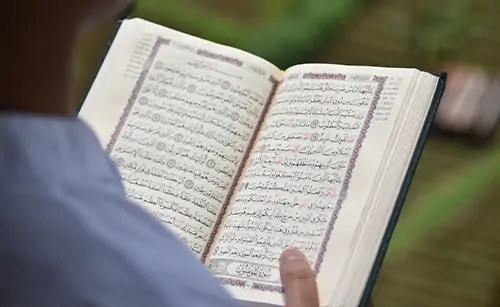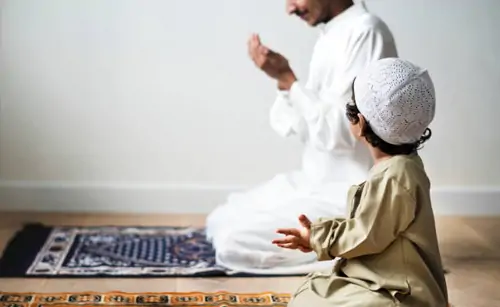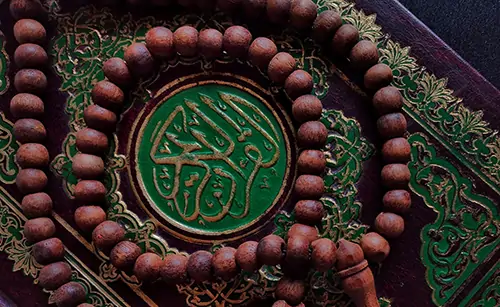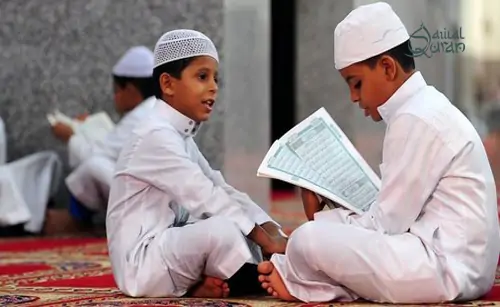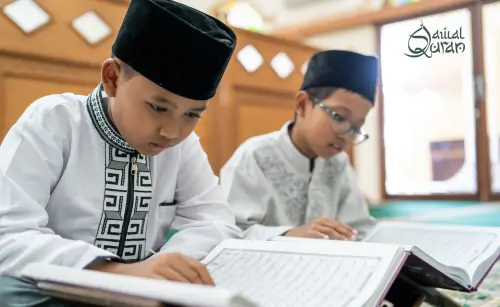The Importance of Hajj in Islam: A Hajj Guide

Hajj is one of the five pillars of Islam and is considered the most important religious duty for Muslims who are physically and financially able to perform it. It is a journey to the holy city of Mecca in Saudi Arabia, where Muslims retrace the footsteps of Prophet Ibrahim (Abraham) and his family. The Hajj is a time for Muslims to reflect on their faith, seek forgiveness for their sins, and renew their commitment to living according to Islamic teachings. On the other hand, if we talk about the parts of our discussion, we will start by explaining the history and importance of Hajj in Islam and the process of performing Hajj. Additionally, we will answer your questions. Meanwhile, we will discuss some of the sayings of Allah and the Holy Prophet regarding this obligation.
What is the history of Hajj?

The annual Islamic pilgrimage, Hajj, originated in Mecca, Saudi Arabia, with Prophet Ibrahim and his son Hazrat Isma'il. Islamic legend holds that they constructed the Holy Kaaba as a place of devotion. As mandated by Allah, the customary pilgrimage became an essential component of Islam, and the Prophet Muhammad underlined its vitality. Certain rites are performed during the Hajj, such as walking around the Kaaba, symbolically stoning the devil, and standing atop Mount Arafat. On the other hand, to promote unity and surrender to Allah, millions of Muslims worldwide now set out on this spiritual pilgrimage during the Islamic month of Dhu al-Hijjah.
Importance of Hajj
First, let us talk about the importance of Hajj. The importance of namaz and Hajj is more than any deed in Islam. Moreover, various reasons make it so crucial for Muslims to go for it. Here are just a few of them:

It is a way to Fulfill a Religious Obligation
Performing the Hajj is a way for us to fulfill one of the five pillars of Islam. It is also a great way to show our obedience to God and commitment to our faith.
It Cleanses The Sins
Allah says, “A person who performs Hajj becomes as clean as a newborn baby.” The Hajj is believed to be a way to cleanse oneself of sins and start fresh. Moreover, the white garments that pilgrims wear during the Hajj, “Ihram,” symbolize purity and cleanliness.
There is a saying in Sahi Bukhari, the most authentic book of Muslims: "No good deeds done on other days are superior to those done on these (first ten days of Dhul Hijja)."
A way to seek Forgiveness from God

Muslims see the Hajj as an opportunity to repent their transgressions and ask God for direction. It is said that Prophet Ibrahim and his son Hazrat Ismail constructed the Kaaba, the heart of the Grand Mosque in Mecca. According to the Muslim faith, they communicate with Allah by praying toward the Kaaba.
Unity with other Muslims
The Hajj is a time for Muslims worldwide to come together in a spirit of unity. Muslims from all walks of life come together to perform the same rituals regardless of race, social status, or wealth.
Renew one's Faith
The Hajj is a time for Muslims to reflect on their faith and renew their commitment to living according to Islamic teachings. The Hajj is a reminder of the fleeting nature of this world and the importance of preparing for the afterlife. The Holy Prophet said “Whoever performs Hajj and does not backbite or commit obscenity will come out of it as pure as the day his mother gave birth to him." (Sahih Bukhari)
Process of Hajj

For Muslims, the Hajj, or pilgrimage to Mecca, is an intensely spiritual experience. It entails several symbolic rites for equality, harmony, and loyalty to Allah. At Mina, pilgrims congregate in plain white attire, highlighting their common humanity. They then travel to Arafat, where they stand in supplication and contemplation, pleading with Allah for pardon and kindness. Travelers gather stones in Muzdalifah as the sun sets in preparation for the customary Stoning of the Devil.

They threw stones at three pillars on their way back to Mina, signifying defiance of temptation. Moreover, the next step is sacrificing an animal, which stands for Ibrahim's everlasting devotion to God. After that, pilgrims cut their hair to symbolize purity and humility. Tawaf, which rounds the Kaaba seven times, marks the end of the trip. The Hajj experience transforms millions, fostering spiritual growth, solidarity, and a deep sense of brotherhood among those participating. Explore the profound journey of Hajj with us. For more information and guidance, chat with us, and embark on a spiritual experience like no other.
Conclusion
The Hajj is a journey of spiritual purification, self-sacrifice, and unity. It is a journey that is both physically and spiritually very valuable. Moreover, it is a journey where Allah rewards us with the ultimate blessing after we do it. A person performing Hajj returns like a newborn baby as no sin is left on his head. Being an essential pillar of Islam, it is obligatory, and everyone has to do it, but the one who is ill or who is financially not that stable to go there!
FAQs
Is it essential to read the Quran during the Hajj?
Though there are various benefits of Quran reading, it is not essential for performing Hajj, one of the five pillars of Islam. While it's highly encouraged and considered a valuable act of worship during Hajj, it's not obligatory.
What is the Hajj duration in days?
The Hajj Lasts How Long? The eighth to the twelfth or thirteenth of Dhul Hijjah are the five- or six-day Hajj pilgrimage dates. Four days later, on the first day of Eid al-Adha, is when the new crescent moon comes into sight. Several ceremonies and rituals comprise the pilgrimage, some of which must be carried out in a particular order.
What significance does the Hajj have morally?
The annual Hajj trip to Mecca, which Muslims regard as their holiest city, occurs yearly—every Muslim who can do so financially and physically must do it at least once in their lifetime. During the different Hajj ceremonies, one can feel the symbolism of togetherness, equality, brotherhood, peace, and tolerance associated with Hajj.
When did Allah make Hajj Mandatory?
In the ninth year of the Islamic calendar, Allah declared Hajj as mandatory for Muslims. It was during this period that the Prophet Muhammad (PBUH) led a party of Muslims on the first-ever Hajj and re-dedicated the place in Allah's name.
Who is responsible for Hajj?
The Ministry of Hajj and Umrah uses modern technology to improve its services. Moreover, it offers pilgrims and works with many entities to assist the Hajj and Umrah.








